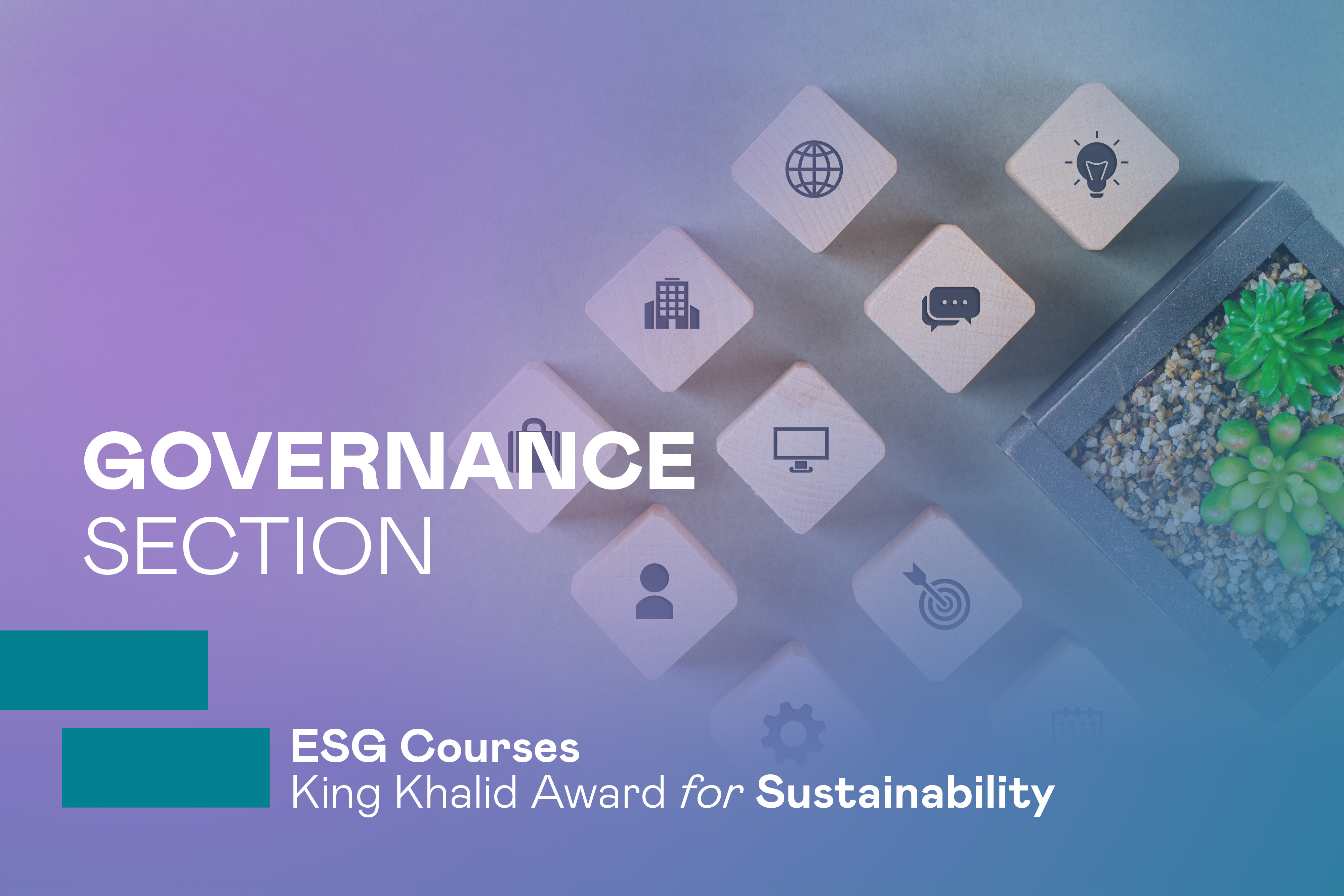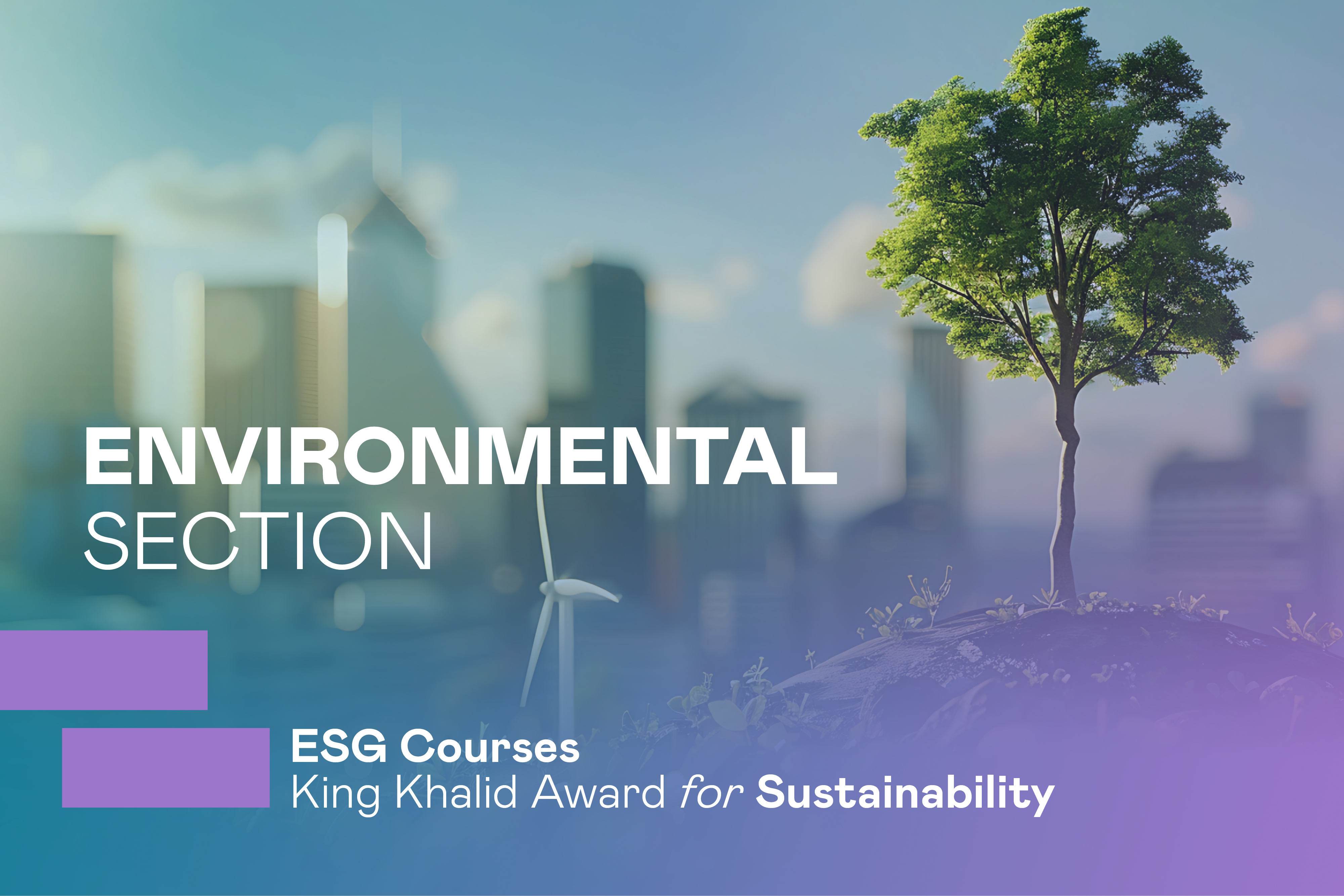
GOV
Governance
“Governance” – or G in ESG – is the foundation for organizations to ensure that they have the right infrastructure in place, such as roles, responsibilities, policies, and processes, to plan, implement, and report on their ESG and sustainability initiatives.
According to a recent PwC report, 80% of executive survey respondents in the Middle East indicated that they have a formal sustainability strategy but only 52% indicated that they have a Sustainability/ESG strategy that is fully embedded in the organization. While ESG is a growing area of interest for executives, proper implementation and infrastructure is the key to successful ESG programs.
In this section, you will dive deeper into governance topics that your business will need to address, including:
- Ethics
- Materiality & Stakeholder Engagement
- Responsible Supply Chain Management
- ESG Risk Identification, Mitigation, and Management
- Reporting Frameworks, Processes, and Assurance
- Industry Innovation & Growth

SOC
Social
Both internal and external stakeholders are considered when determining social risks and opportunities facing the business. These stakeholders may include the community, suppliers, employees, customers, and more. Failing to address social issues can expose companies to several significant risks, including reputational harm, employee turnover, increased costs, legal and regulatory risks, supply chain disruptions, and more. To mitigate these risks, companies in the Kingdom and across the globe are implementing strategies to address these topics responsibly.
In this section, you will dive deeper into social topics that your business will need to address, including:
- Diversity, Equity, and Inclusion
- Health & Safety
- Development & Education
- Human Rights
- Just Transition
- Community Investment
- Social Return on Investment (SROI)
Started Date: 1 Nov 2024
2 hours

ENV
Environmental
Environmental risks and opportunities are no longer viewed simply as externalities, but are increasingly recognized as risks and opportunities that impact business performance.
In this section, you will dive deeper into environmental topics that your business will need to address, including:
• Climate Change & Emissions
• Materials & Waste
• Energy
• Water
• Biodiversity & Ecology

